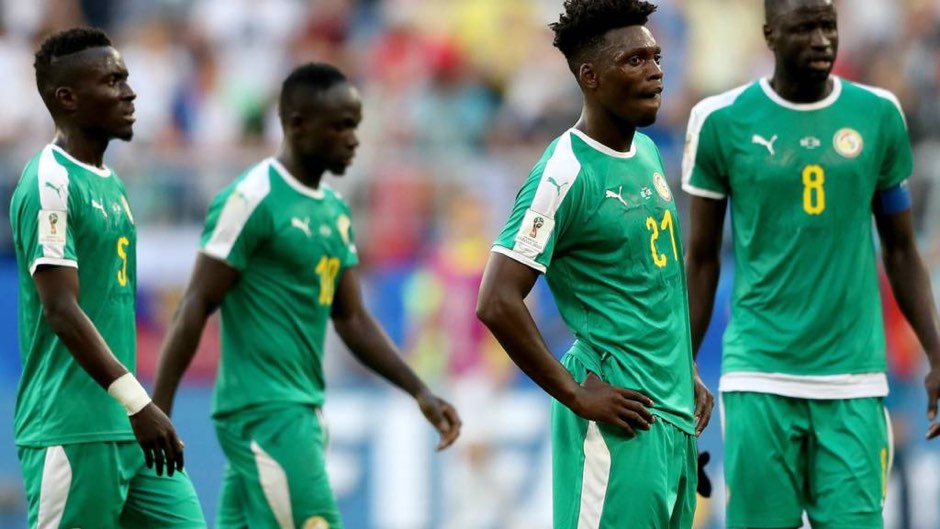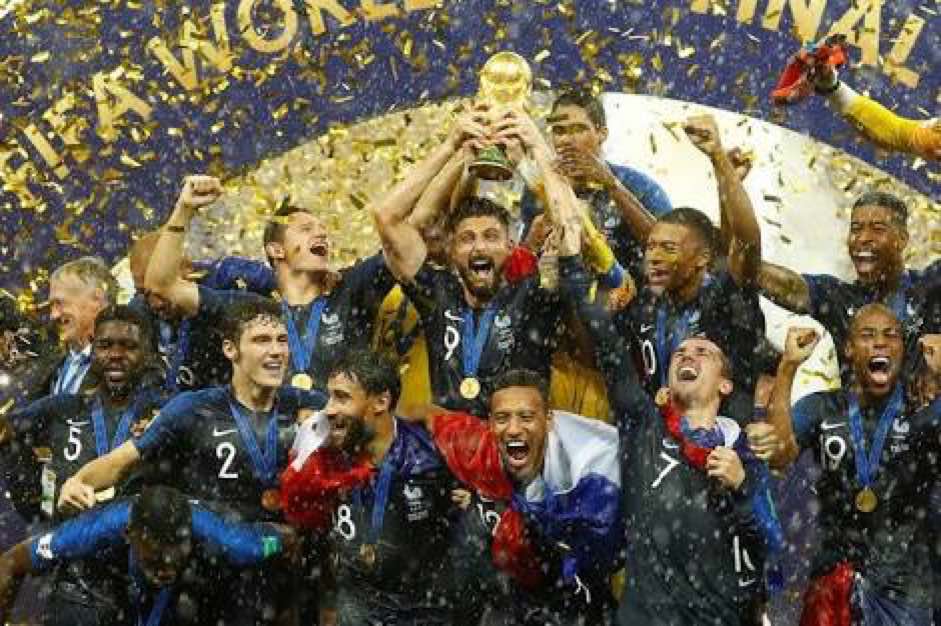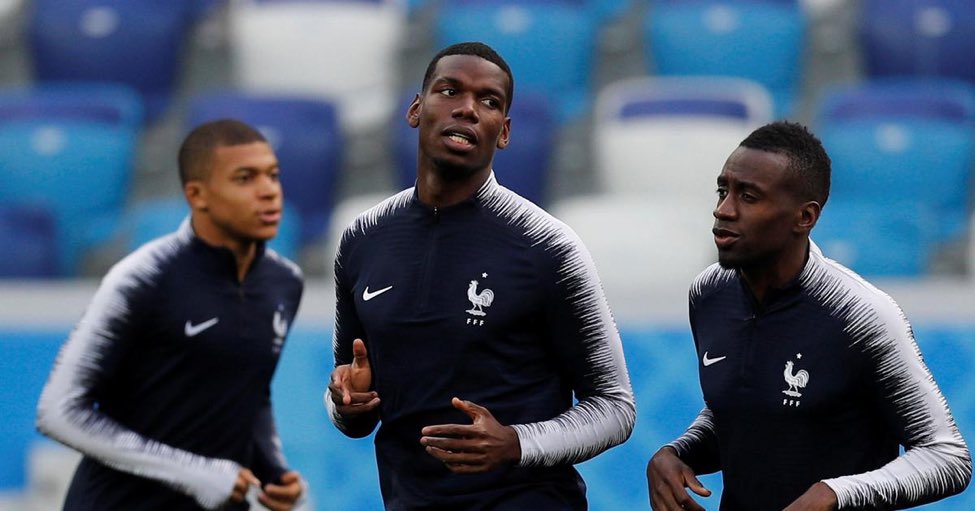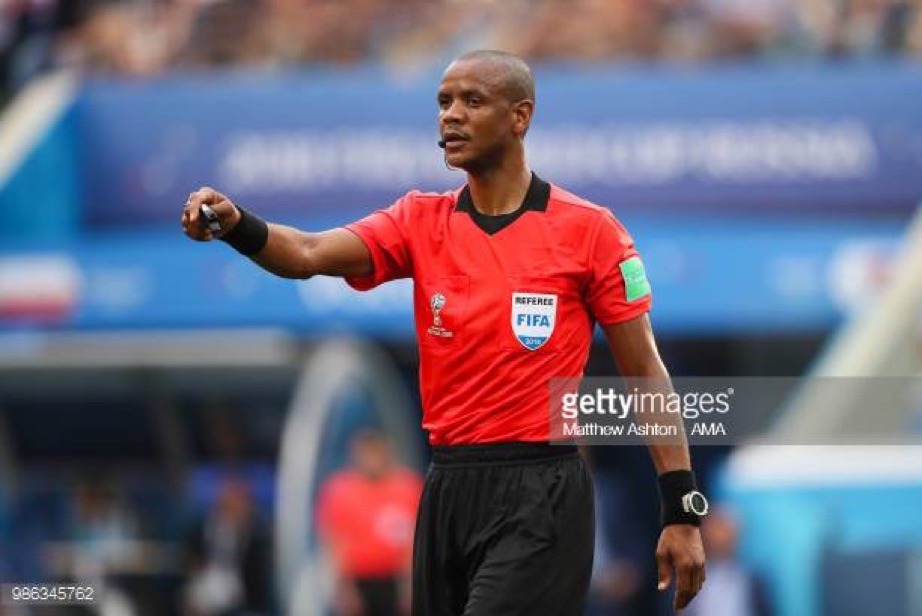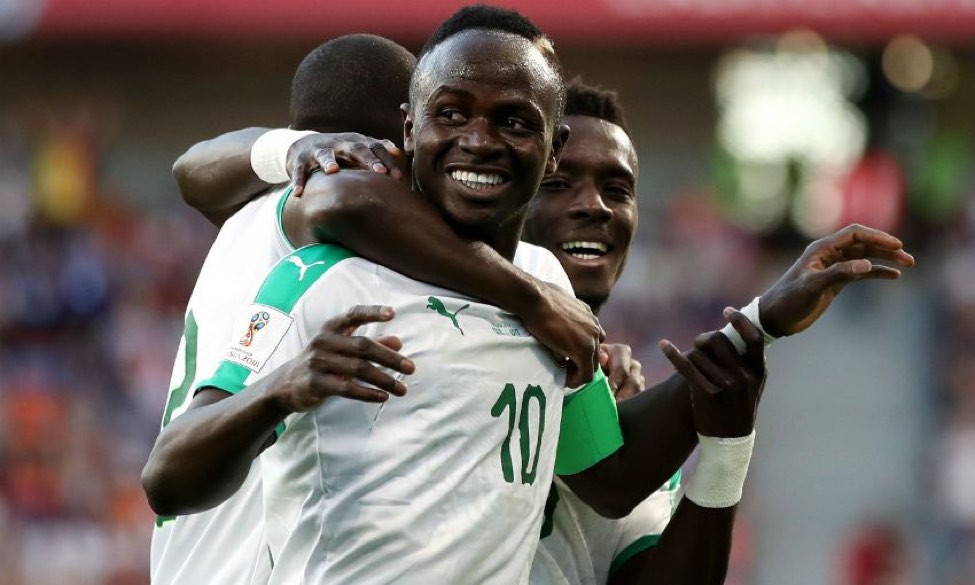They carried Africa’s hopes but had them dashed at the eleventh hour. The trust in this team was understandably overwhelming more so after all of the continent’s other four participants got swung out via the exit door.
Not much hope was laid on Morocco, Egypt and Tunisia on account that the teams from the northern part of Africa have had a chequered past in the World Cup. The calibre of players the two West African outfits –Nigeria and Senegal – boasts of simply stands as a case of its own. The likes of Ahmed Musa, Kelechi and Ighalo will put to the guillotine any kamikaze defence lineup. But all these put together Senegal had a more fiery-looking attack than the rest. Such is how spoilt for choice Aliou Cisse was in that department, that Moussa Konate, the Teranga Lions’ highest season scorer, had to play second fiddle to Mbaye Niang, Sadio Mane and Diao Balde Keita. Expectations were high on Nigeria, but the weight was much more felt on Senegal who had many chances to show the impossible is achievable after starting off the World Cup on a high –leaving Poland humbled and star striker Robert Lewandowski in Kalidou Koulibaly’s back-pocket.
They left Poland, the better side in the group as per FIFA rankings, outclassed and counting losses as the Poles’ Russia hopes precariously dwindled in the first match.
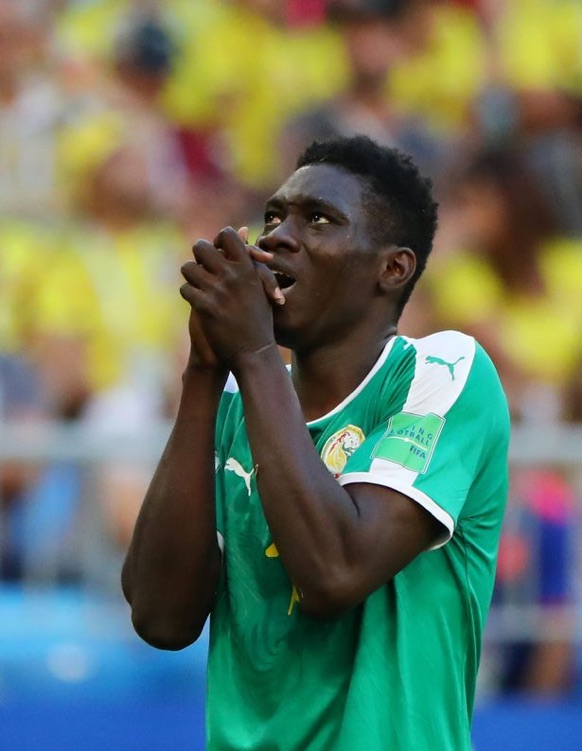
Photo: Ismaila Sarr’s disappointment is apparent
Senegal’s attacking prowess was on manifest in that duel. The victory brought back memories of the 2002 World Cup triumph in which the Teranga Lions under the tutelage of Aliou Cisse’s captaincy, brought France flat back down to earth. Unlike the Poland game, the score was 1-0 then against holders France whose ranks comprised a mesmerising Zinedine Zidane.
Drawing comparisons between the 2002 set up and the current 2018 version of Lions would be odd player-wise. The Diouf generation did not have players playing in the UEFA Champions League final and cut it in the first, second and third tiers of French football but made a solid unit of hard workers in the pitch.
If ever there is a lesson the current Senegalese team can draw from their predecessors, is this.
Diouf, Henry Camara and Aliou Cisse were the notable playmakers, the rest, a pack of averages, completed the squad. The late gaffer Brunno Metsu, notwithstanding, drilled his outfit to cover every blade of grass up in attack or when retreating in defence.
At the Otkrytiye Arena in Moscow, Senegal won deservingly in the opening fixture. The adulations that greeted the win following defeat to other African teams, was so enormous that none bothered to highlight the team’s shortcomings. This is the best Senegalese side ever assembled in terms of talent and ability but there were loopholes –a general relaxed attitude after scoring goals and set-pieces problems.
Poland halved the deficit through this.
Krychowiak leapt to punish a lacklustre defending by the Lions. Energy tank Gana Gueye went quiet in the build-up to the goal as they gifted away balls. Then came the moment of the equalizer.
Krychowiak isn’t any taller than the Senegalese defenders but rose anyway to connect his head to the ball beating a motionless Khadim N’Diaye in goal.
Amazingly, Cisse did not emphasise much on this in his post-match comments, suggesting the lapse doesn’t make his priority list of what to improve upon next match.
Against Japan, similar cracks showed. Nagatoma ran free being chased by two defenders but still wriggled out of the cage to back-heel to Takashi Inui who, unmarked, bulleted in the first equaliser leaving the Teranga Lions’ back-four in shambles.
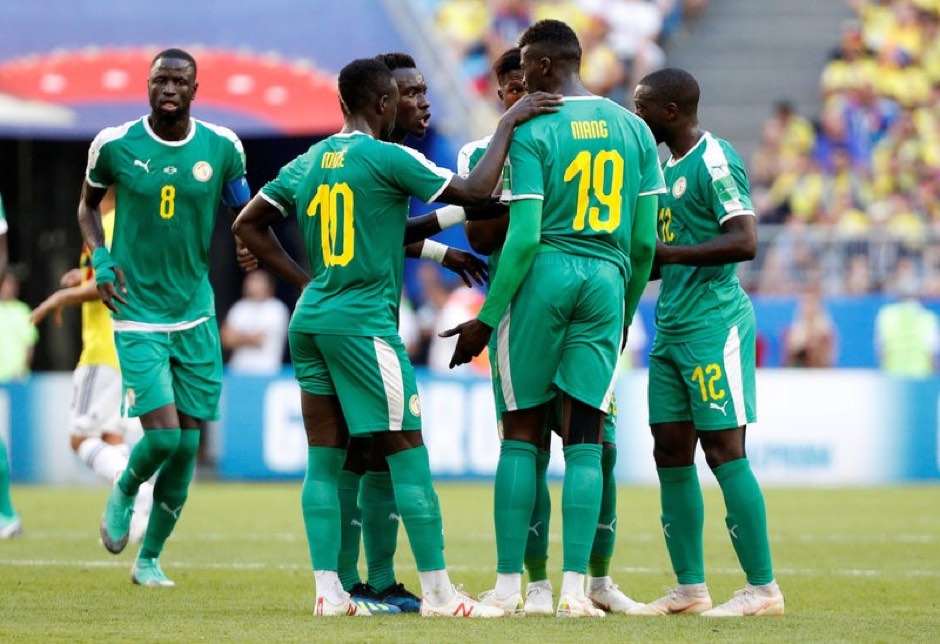 Then Senegal applied urgency with their attack more dangerous-looking in fast plays. Moussa Wague climbed off the substitutes’ bench to put them to the driving seat again. Soon after the momentum died down as if assured of all points. There was no tenacity. The midfield pairing of Gana and Alfred N’Diaye merely intercepted attacks and did little to specie up creativity going forward. As the hour wore down, the players had virtually exhausted their steam about the same time Japan peaked and began dictating pace. This is understandable for a side pestering to score but the relaxed attitude which engulfed the Senegalese midfield to the defence paved way for the Asians to equalise again.
Then Senegal applied urgency with their attack more dangerous-looking in fast plays. Moussa Wague climbed off the substitutes’ bench to put them to the driving seat again. Soon after the momentum died down as if assured of all points. There was no tenacity. The midfield pairing of Gana and Alfred N’Diaye merely intercepted attacks and did little to specie up creativity going forward. As the hour wore down, the players had virtually exhausted their steam about the same time Japan peaked and began dictating pace. This is understandable for a side pestering to score but the relaxed attitude which engulfed the Senegalese midfield to the defence paved way for the Asians to equalise again.
Gana Gueye and Youssef Sabaly ran to close down Yuya Osaka. The 28-year-old Koln striker curled in a cross. Khadim Nidaye came out to punch, it back-fired. Sane and Koulibaly stood rooted to the post as an unmarked Honda recovered to slot home. This way, Cisse’s charges threw away a game they were already in full control of.
The performance against Colombia was arguably the Africans best showing. They pestered Radamel Falcao and co. from get-set-go. Intensity was key and they gave enough of it. By the 30th minute, the match was already monopolised by Senegal to an extent gaffer Pekerman had to withdraw Real Madrid’s James Rodriguez who barely saw much of the ball.
For whatever reason, urgency took a back-seat in the second-half. Sabaly coming out due to injury in the 74th minute took a dose off the strike. His replacement didn’t gallop much and Colombia made the left side of the lions defence a gateway. As if contended with a draw alone, the West African nation’s play pattern began to get disjointed. Just about that time Colombia struck leaving the opposition gobsmacked. And the howler? A set-piece. Only four Colombian players invaded the box up against seven Senegalese defenders. The four that marked Yerry Fernando Mina Gonzalez watched on in awe as the Barcelona starlet headed home.
On social media platforms, the Senegalese are the subject of sympathy for having to leave the tournament not on goals rather on fair-play. FIFA is already coming on the receiving end of criticisms for this. Japan and Senegal tallied on everything in the run-up to the final match and it would appear ludicrous that Africa’s sole representatives did not know that events would be decided on grounds of yellow cards accumulated in case of a double tie.
Much lessons have been learnt –Africa failing to perform at the biggest of stages and conceding last-gasp goals.
